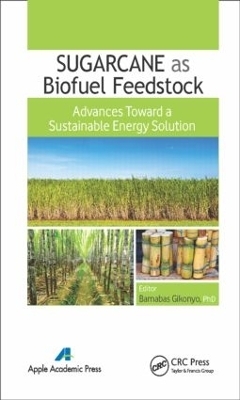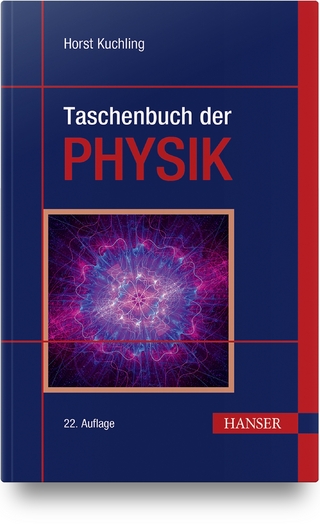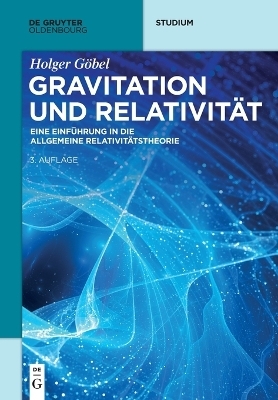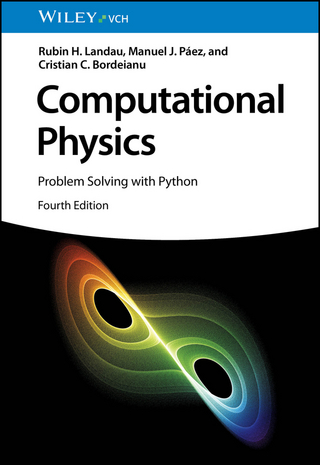
Sugarcane as Biofuel Feedstock
Apple Academic Press Inc. (Verlag)
978-1-77188-129-6 (ISBN)
As the world’s energy hunger grows ever larger, fossil fuel reserves are diminishing—and concerns about climate change remind us that our love affair with fossil fuels cannot continue much longer. This has inspired intense research into sustainable energy sources. Biofuels seemed initially promising, but the world soon realized that food-based biofuel has its own dangers. Second-generation biofuels, however, use biomass from crops' inedible parts—such as the stalks and leaves of sugarcane—offering a far more practical, sustainable, and commercially viable solution.
In this book, researchers from around the world review some of the most important and timely topics related to using sugarcane feedstock for biofuel. After a basic overview, topics such as these are included:
Pretreatment methods
The use of various microbial technologies, including bacteria and yeast, to enhance biofuel production
Environmental impacts
Economic feasibility
The viability of electricity being produced side by side with biofuel
Essential reading for graduate students and research scientists investigating second-generation biofuels, this book is also recommended for environmentalists, environmental engineers, and microbiologists.
Barnabas Gikonyo graduated from Southern Illinois University, Carbondale, Illinois (2007), with a PhD in organic and materials chemistry. He currently teaches organic and general chemistry classes at the State University of New York Geneseo, along with corresponding laboratories and the oversight of general chemistry labs. His research interests range from the application of various biocompatible, polymeric materials as "biomaterial bridging surfaces" for the repair of spinal cord injuries, to the use of osteoconductive cements for the repair of critical sized bone defects/fractures. Currently, he is studying the development of alternative, non-food biofuels.
Introduction. Part I: Overview. Part II: Cultivation and Optimization Processes. Part III: Economic and Environmental Factors. Part IV: Options for the Future. Index.
| Zusatzinfo | 65 Illustrations, black and white |
|---|---|
| Verlagsort | Oakville |
| Sprache | englisch |
| Maße | 152 x 229 mm |
| Gewicht | 790 g |
| Themenwelt | Naturwissenschaften ► Physik / Astronomie |
| Technik ► Elektrotechnik / Energietechnik | |
| Technik ► Umwelttechnik / Biotechnologie | |
| Weitere Fachgebiete ► Land- / Forstwirtschaft / Fischerei | |
| ISBN-10 | 1-77188-129-1 / 1771881291 |
| ISBN-13 | 978-1-77188-129-6 / 9781771881296 |
| Zustand | Neuware |
| Informationen gemäß Produktsicherheitsverordnung (GPSR) | |
| Haben Sie eine Frage zum Produkt? |
aus dem Bereich


